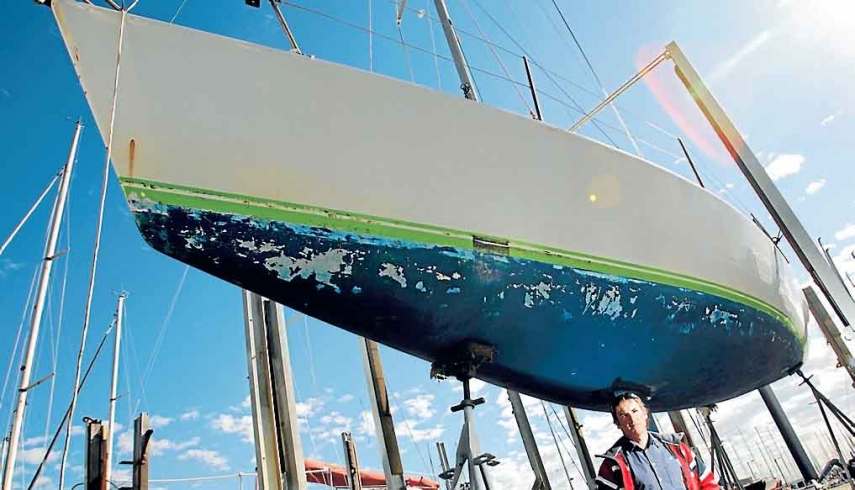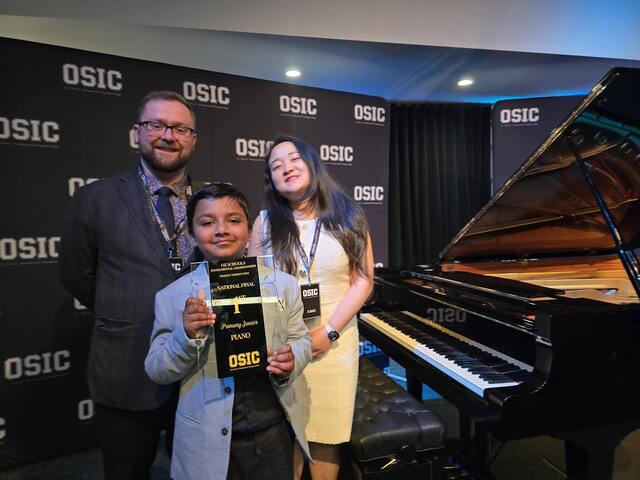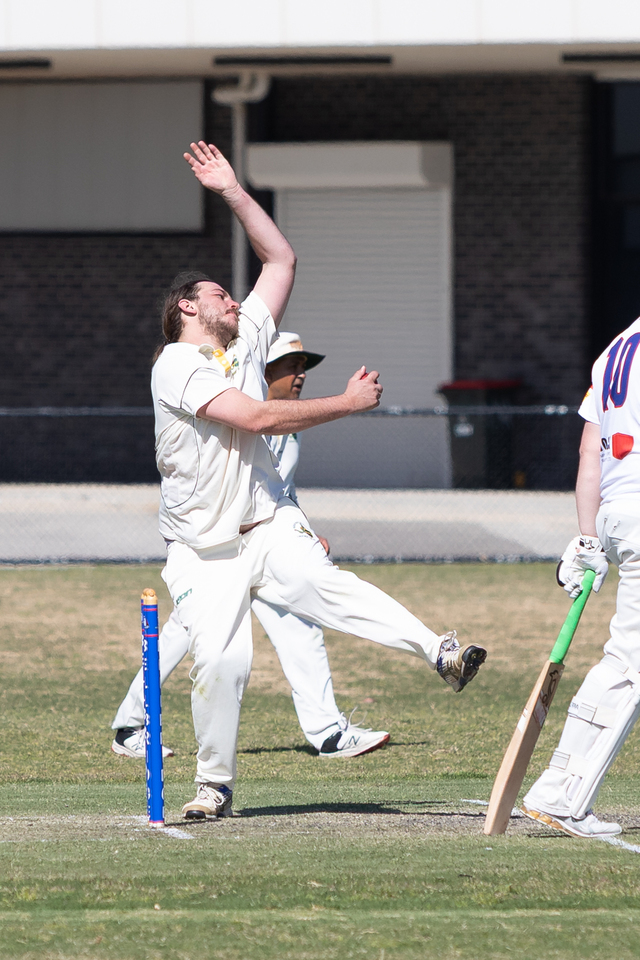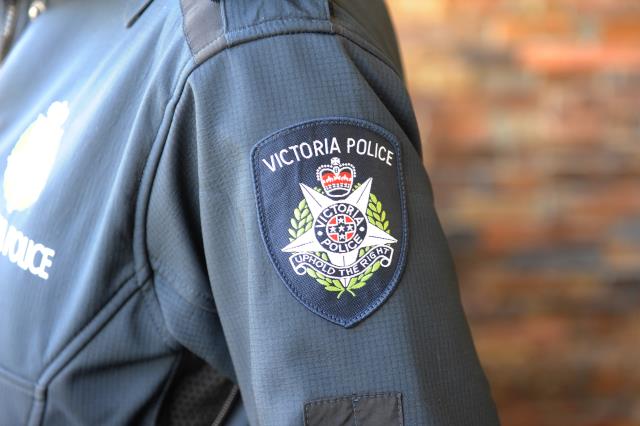THE state government has been accused of investing in ghost courses after the Weekly revealed that a $1 billion injection included funds for courses that have been axed.
For instance, from next year there will be nowhere for new boatbuilding students to enrol in Victoria.
Seaworks at Williamstown was supposed to have been the home of Victoria University’s new boatbuilding campus before the idea was sunk.
Government spokesman James Martin said “boatbuilding is one that will benefit from this increased funding with subsidies for certificate III in marine construction . . . increasing by up to 12 per cent”. Asked where boatbuilding students could enrol next year, he did not respond.
Williamstown MP Wade Noonan, who partly blamed TAFE funding cuts for boatbuilding going under, said the government had been caught out in an embarrassing gaffe. “This is an extraordinarily embarrassing slip-up from a government spokesperson that clearly has no idea what’s going on.”
Mr Martin said that the government couldn’t force training providers to deliver particular courses. “It is apparent that Mr Noonan can’t handle the truth . . . the Coalition government has directed more money into all apprenticeships, including boatbuilding and areas of skills need.”
Again asked why the government was investing in a non-existent course, Mr Martin said the Boating Industry Association of Victoria could become an auspiced training provider.
But BIAV grants liaison officer Ben Scullin said the government had made it impossible for boatbuilding training to stay afloat.
Mr Scullin questioned why the government was increasing apprentice training subsidies “for training that cannot possibly exist and then pointing to the subsidy increase as an example of good policy”.
“The damage is already done in terms of the loss of new apprentices from our industry, meaning that no training business can possibly take on the boatbuilding apprentice training without incurring a loss,” he said.
“With Victoria University planning to rush through the current crop of apprentices by the end of this year, it means there will only be a maximum of four second-year and no third-year apprentices for any new training provider to attract the subsidy.
“How on earth is a training business going to make an attractive business case from four second-year apprentices?
“Our industry will now need to supply around 50 first-year apprentices to deliver a return on investment and that is impossible.
“I guess that may be the same outcome for other industry sectors and I guess the government didn’t think or know it would happen.”







